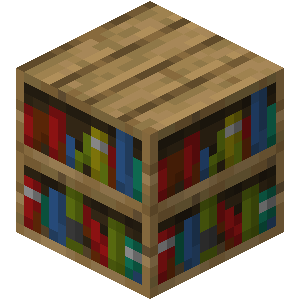A list of all the patterns I've discovered, as well as what they do.
I have discovered a way to make iotas that I can perceive as variously formatted text, useful for having my hexes show me things in a friendlier manner.
Typewriter Purification (str → display)
Creates a display iota based on the provided string.
Typewriter Distillation (display, display → display)
Creates a display iota by joining two display iotas together.
Lumière Distillation (display, vec → display)
Sets the color of a display iota. The vector's x, y, and z components seem to each signify how red, green, or blue the color is, with 0 being not at all and 255 being the maximum.
Gothic Distillation (display, bool → display)
Sets whether the display iota is bold.
Manutius' Distillation (display, bool → display)
Sets whether the display iota is italicized.
Notetaker's Distillation (display, bool → display)
Sets whether the display iota is underlined.
Editor's Distillation (display, bool → display)
Sets whether the display iota is struck through.
Censor's Distillation (display, bool → display)
Sets whether the display iota is obfuscated.
I've read tales of grand mages using arcane and inscrutable strings of characters understood by Nature known as a regular expression, representing a certain pattern in text for Nature to find.
I believe I have found the texts describing the syntax of this language here.
Have you tried using an XML parser instead?
Thompson's Purification (str → regex)
Creates a regular expression based on the provided string.
Haystack Distillation (str, regex → [[str]])
Finds all matches of the regular expression in the string. Each element of the resulting list is a match, each match being a list of its capture groups, with group 0 being the whole match.
Typesetter's Distillation (regex, bool → regex)
Sets or clears the i flag, which makes the regular expression be case-insensitive when set.
Orator's Distillation (regex, bool → regex)
Sets or clears the s flag, which makes a . able to match a newline when set.
Essayist's Distillation (regex, bool → regex)
Sets or clears the m flag, which makes ^ and $ match the start and end of a line when set.
 Display Iotas
Display Iotas Patterns
Patterns Regular Expressions
Regular Expressions